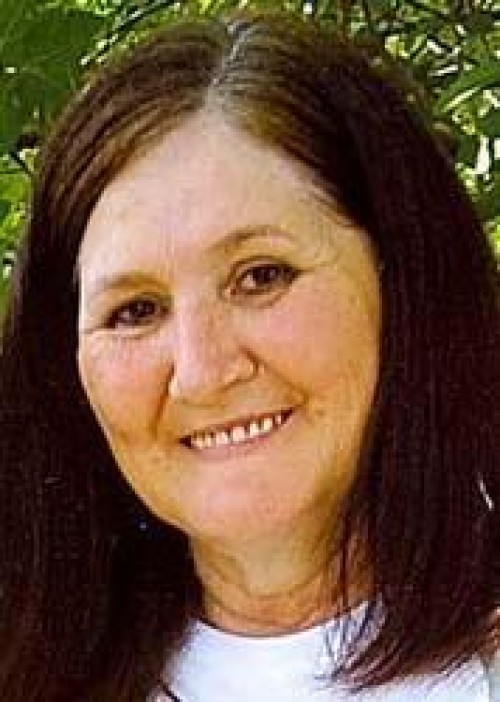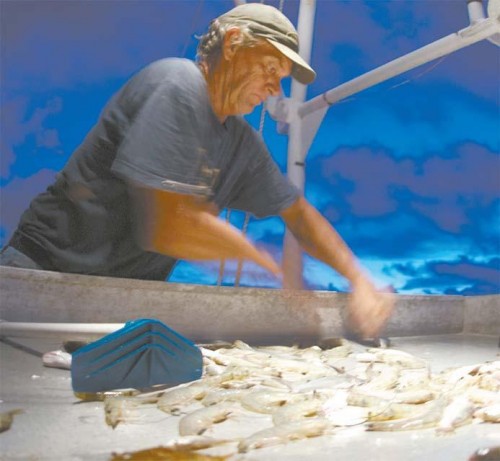
Edna Stewart
March 15, 2011
Is Our Seafood Safe?
March 17, 2011The Louisiana Department of Health and Hospitals conducted the first of two scheduled public assemblies Monday to discuss new federal guidelines governing the sale of oysters for raw consumption.
Meeting at the Houma Municipal Auditorium, state health officer Dr. Jimmy Guidry told the group of 14 fishermen, oyster processors and health professionals about federal recommendations that require the refrigeration of oysters within one hour of harvest if they are to be sold raw.
Guidry added that those requirements are unrealistic because they are based upon concerns of a food born illness that was reported in a very small part of the population and not in Louisiana.
“What I have seen happening over the years is the federal government is getting a lot of pressure from different folks to implement a lot of requirements,” Guidry said. “Some of it is based around a science of infectious Vibrio [parahaemolyticus], but I think more is about the competitive market and around competition in selling oysters in other states. [This] put pressure on when Louisiana should be allowed to sell its oysters.”
Guidry said an average of 17 cases of Vibrio, which generally impacts people with pre-existing liver disease, are confirmed each year and compared that to the hundreds of cases of other food borne illnesses that are reported during the same time period without restrictions placed on the respective industries involved.
Guidry said that the federal government came out with the recommendation “not a rule or a law” that refrigeration take place within one hour of harvest, knowing that most oyster harvests take place far enough out in the waters that making it back to port to refrigerate the product is a requirement difficult to meet.
“[What the state bill says that can override the federal recommendation is that] The Department of Health and Hospitals along with the Wildlife Fisheries [Department] may grant an exemption from the program for Vibrio to harvesters and certified oyster dealers on that refrigeration requirement. Then it says the Department of Public Health shall notify all licensed oyster harvesters and certified dealers of the provision of this section,” Guidry said.
The public health officials said that what they are seeing is that the federal recommendations were made, but when Louisiana tried to implement the rule it was not much different than what they had been doing previously, which was allowing five hours to refrigerate rather then requiring it basically be done while they were still on the water.
Guidry said that there is not enough data to back up claims that immediate refrigeration of oysters lowers the risk of Vibrio.
“In looking at it, it may help, it certainly doesn’t hurt to refrigerate early, but I don’t think we’re hurting our citizens if we say in Louisiana we are going to allow a longer period before refrigeration,” he said.
On Feb. 1, oyster industry leaders met with Guidry and voiced their concern about the practicality of refrigerating oysters in the specified amount of time and the costs that would be associated with such a practice.
During Monday’s meeting Guidry agreed with their concern and asked them for input on how to best work around the federal recommendation.
One recommendation was to have industry workers sign up for an exemption that would note if they have never had a case of Vibrio linked to them they can be exempt from the federal recommendation on refrigeration.
Guidry said that the cases of Vibrio that have been reported in other states have never been directly linked to Louisiana.
In order to prevent the time and expense of fishermen and processors being monitored by government officials, Guidry asked oyster industry participants to come together and change requirements to be what would be best for their industry.
One recommendation that is being considered by industry insiders is to add a tag to designate which oysters had been refrigerated within an hour to be sold raw out of state and which are for other uses in different time frames.
“Outside Louisiana would be the one hour rule. Inside Louisiana would be our rule,” Guidry said. “The industry has taken a lot of blows since Katrina and the oil spill. So how do we make sure that we keep the industry as robust as we can while not putting people’s health at risk.”
Motiviatit Seafoods Inc. CEO Mike Voisin said he likes the idea of separate tagging and easing the refrigeration rule to use would be acceptable. “The three [tag] system makes a lot of sense,” he said. “Louisiana has taken the lead on these issues for a long time. [This issue] is not new.”
“We want to get this though legislation in time for when they start fishing in May,” Guidry said. “I don’t [expect] resistance, but there is something political about this agenda.”
Guidry said he intends to take the recommendations from oyster harvesters and processors to legislators to make the point for this industry. A second public meeting is scheduled to take place at the Belle Chase Auditorium in Belle Chase on March 28, at 2:30 p.m.







